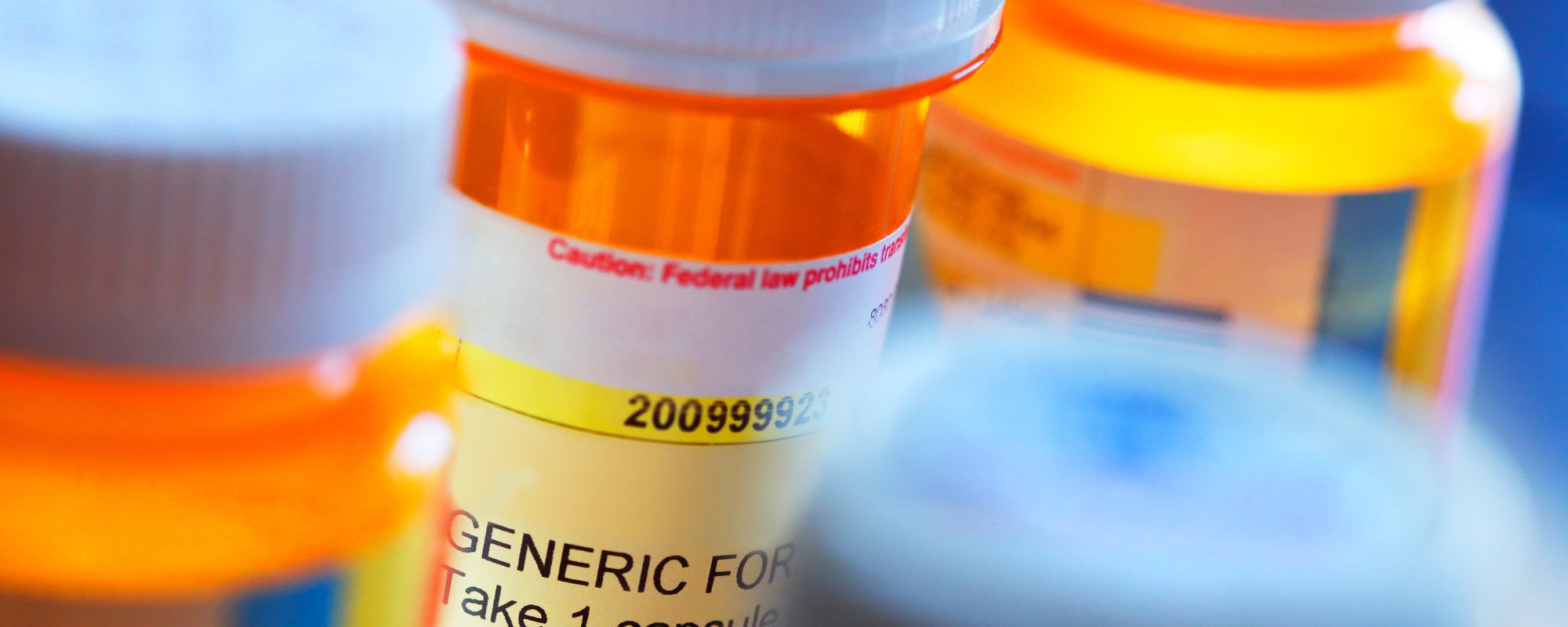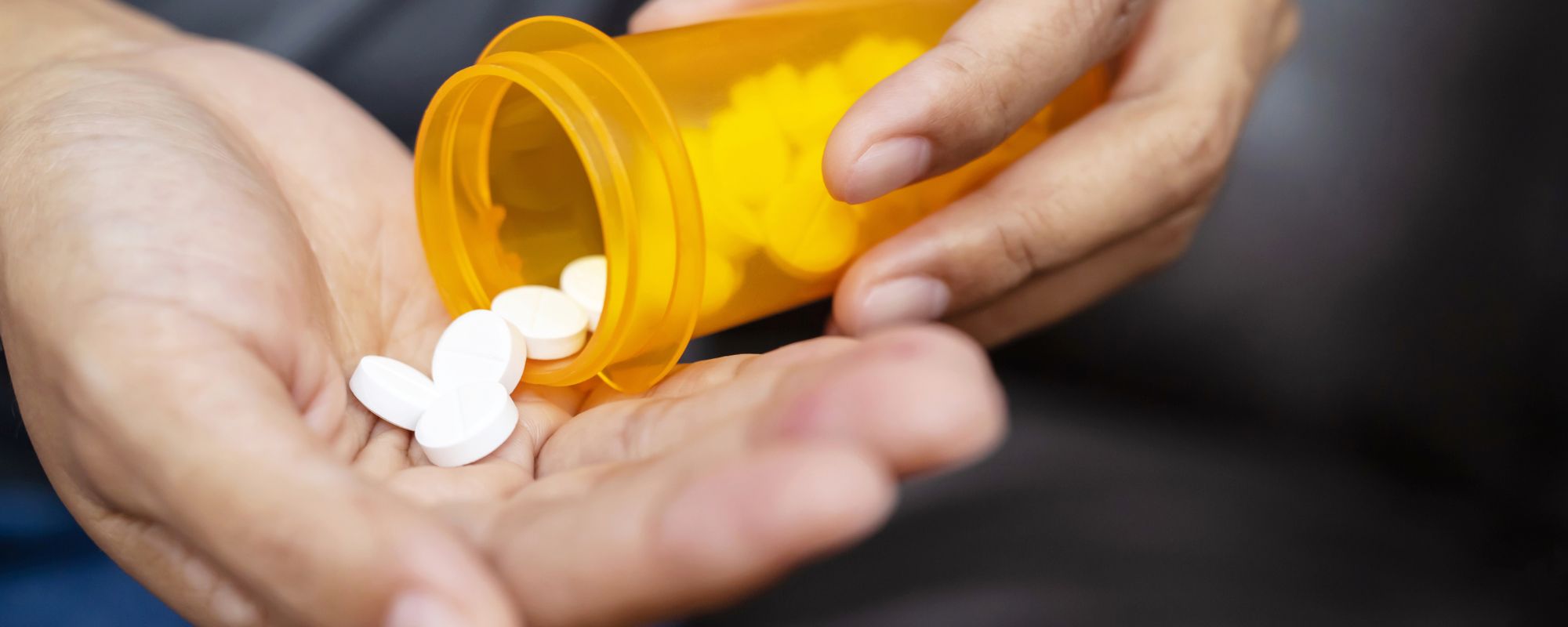Undergoing detox from medications like stimulants, benzodiazepines, and opioids can be a difficult and uncomfortable process. However, there are ways to detox safely and comfortably. Comfort medications, medical tapers, and medical care can help relieve some of your withdrawal symptoms during detox.
Regardless of the drug, it is important to remember that detoxing from medication is a process. It can take time and there may be setbacks along the way. However, if you are committed to starting your new, drug-free life in recovery, there are several ways you can detox from medication.
How to Detox From Drugs
Detox is a necessary step in recovery from drug use disorder as it removes the toxins from your body. During detox from drugs, you may experience mild symptoms or more severe symptoms. In general, the severity of withdrawal symptoms during detox will depend on:
- The type of drug
- How long it was used
- How much was used
- Your physical health
- If you have co-occurring medical conditions or mental health disorders
- If you’re also abusing alcohol or other drugs
There is no way to know what type of withdrawal symptoms you will experience and the severity of them until the process begins. That’s why the best way to detox from drugs is to receive medical care in a detox program for substance abuse. When you enter our detox program, medical professionals identify the key factors related to your drug abuse during a medical evaluation. Our staff of doctors and nurses determine the best treatment for you to detox from medication.
Whether you receive treatment during an observational detox or a medically assisted detox, our staff monitors your progress around the clock to safely and comfortably remove the toxins from your body.
Get confidential help from our addiction and mental health treatment facilities located across the United States. Call to join one of our quality programs today!
Speak With Our Admissions TeamDetox For Specific Medications
For the most part, specific types of drugs are more likely to result in physical withdrawal symptoms while others are more prone to mental symptoms of withdrawal. As a result, it is important to receive detox from medication in a medical detox program that offers treatments specific to the drug.
Detoxing From Stimulant Medication
During detox for stimulant medications, treatment plans place a higher focus on the psychological withdrawal symptoms. For instance, if you enter treatment to detox from Adderall, you will primarily experience symptoms of mental distress.
Throughout the early stages of detox, the absence of Adderall commonly results in mental side effects such as anxiety, depression, and agitation.
The discomfort of Adderall withdrawal may also make you restless and fatigued. For this reason, detox for drugs in the stimulant family provide comfort medications in the form of natural sleeping aid and nutritious meals to satiate your appetite and lessen your irritability.
Detoxing From Pain Medication
In contrast, during detox for opioid medications medical professionals place an emphasis on the treatment of physical withdrawal symptoms. This is because withdrawal from opioids like Oxycodone is known to cause physical pain. While physical pain can impact your mental state, Oxycodone withdrawal is known for symptoms like:
- Aches
- Cramps
- Fever
- Nausea
This is due to the rebound effect, in which a person experiences withdrawal symptoms that are the opposite of the drug’s initial effects. As a result, people detoxing off of opioid pain killers are more like to experience pain and discomfort.
The Dangers of Benzodiazepine Detox
Alternatively, benzos, or benzodiazepines, are one of the most dangerous drugs to detox from, especially if you attempt to detox outside a medical setting. Unlike stimulants and opioids, benzodiazepine withdrawal comes with both severe mental and physical side effects. In fact, detoxing from benzos requires a medical taper to prevent potentially fatal side effects. This is why it is vital for people suffering from benzo addiction to seeking professional treatment.
No matter what substance is being abused, detox can be uncomfortable, but it is important to remember that it is only temporary. Drug withdrawal symptoms will eventually go away and you will feel better.
Withdrawal Symptoms To Expect During Detox
Withdrawal symptoms vary depending on factors like what drug you were abusing and for how long, as well as your physical makeup. While your experience during treatment is unique to you, there are some common withdrawal symptoms to expect during detox.
Common drug withdrawal symptoms include:
- Anxiety
- Depression
- Distractibility
- Cravings
- Fatigue
- Headaches
- Heart palpitations
- Insomnia
- Irritability
- Tension
- Tremors
- Muscle aches and pains
- Nausea and vomiting
- Shaking
- Sweating
- Weight fluctuation
In general, withdrawal symptoms during detox from drugs can range from mild to severe and vary from person to person. The severity of drug withdrawal symptoms will depend on a number of factors, including the drug being withdrawn from, the length of time the drug was used, and your physical and mental state.
Severe drug withdrawal symptoms include:
- Confusion
- Delusions
- Feeling like you’re observing yourself from outside your body
- Disorientation
- Tremors
- Panic attacks
- Paranoia
- Psychosis
- Seizures
- Death
Depending on the length of use and type of drug, symptoms of drug withdrawal can last for days, weeks, or longer. For example, someone who has been using Xanax for years is likely to experience more severe withdrawal symptoms than someone who has been using Xanax for six months. Knowing that drug withdrawal is often worse if you abuse drugs for a long period of time, it is best to seek treatment for drug use disorder as soon as possible.
How Long Does It Take To Detox From Medication?
It is a relatively short process to medically detox from medication, lasting anywhere between four and eight days. That said, the length of detox isn’t set in stone. This is because each person’s addiction factors affect how long a drug stays in the body.
Factors affecting the length of detox include:
- Type of drug(s)
- Length of abuse
- Amount of drug(s)
- Age
- Weight
- Sex
- Physical health
- Metabolism
Using your unique addiction factors, your medical team will determine the time required for your detox from medication. That said, if you require more time in a detox level of care, your team will continue your treatment.
While there is no way to perfectly calculate how long a drug will take to be eliminated from your body, you can lessen the impact of withdrawal in treatment for substance abuse.
Looking for quality treatment for substance abuse and mental health that’s also affordable? Aliya Health Group's treatment facilities accept most major insurance providers. Get a free insurance benefits check now!
Check Your CoverageReach Out To Detox From Medication
If you are struggling with an addiction to medication or drugs, it is important to get help as soon as possible. While receiving treatment to detox from medication can be difficult, it is worth it. With the right support, you can overcome addiction and live a healthy and happy life.
If you or someone you know is struggling with a prescription drug addiction, it is important to get help right away. Many resources are available for people dealing with this condition, and there is no shame in seeking out assistance. We can help. Get a free, confidential consultation by calling 888-965-3085.

















